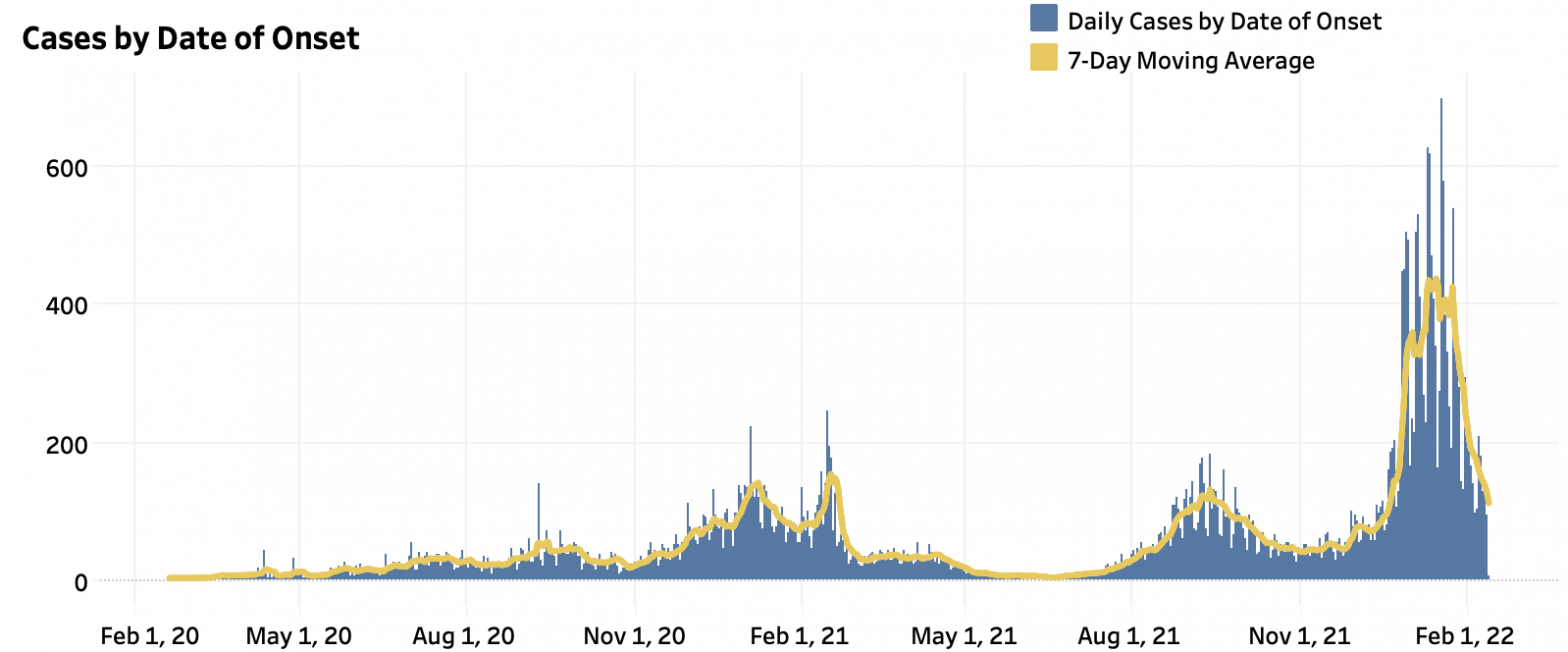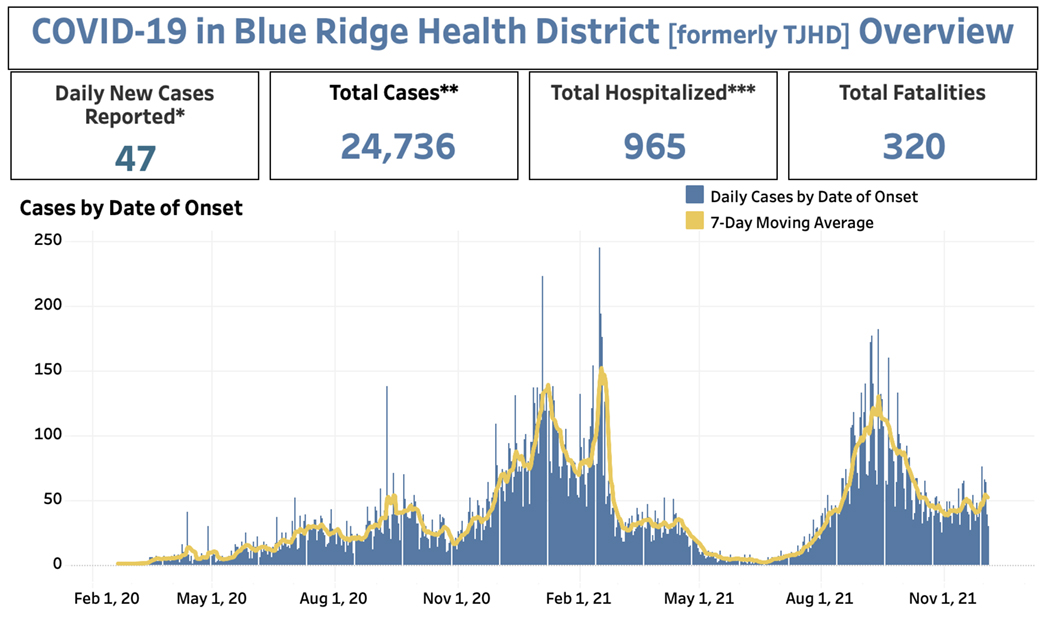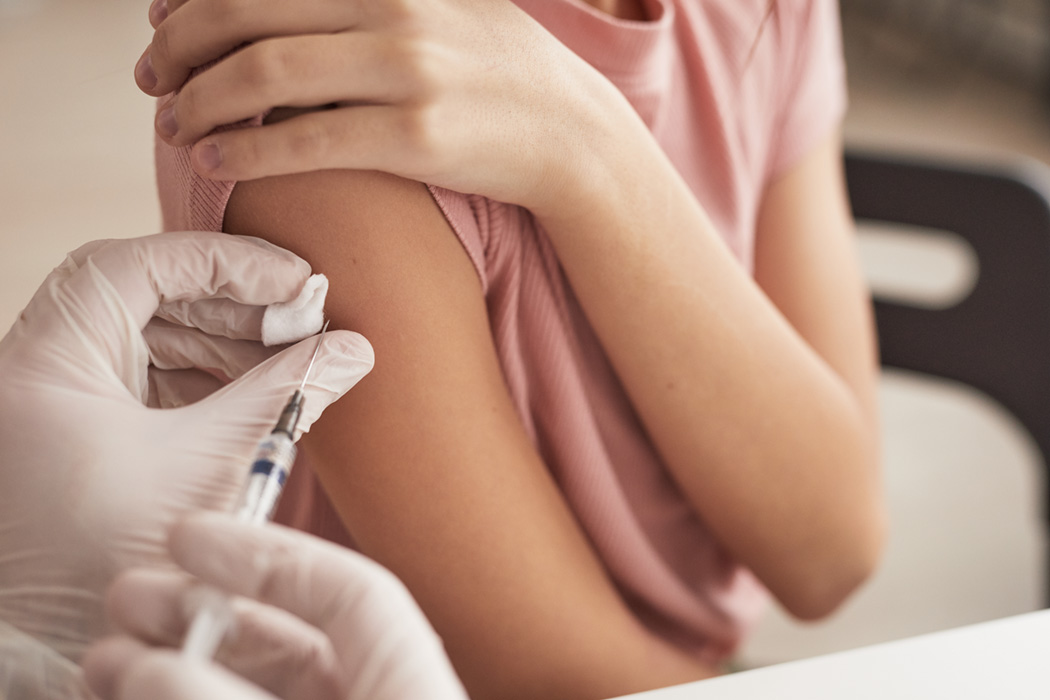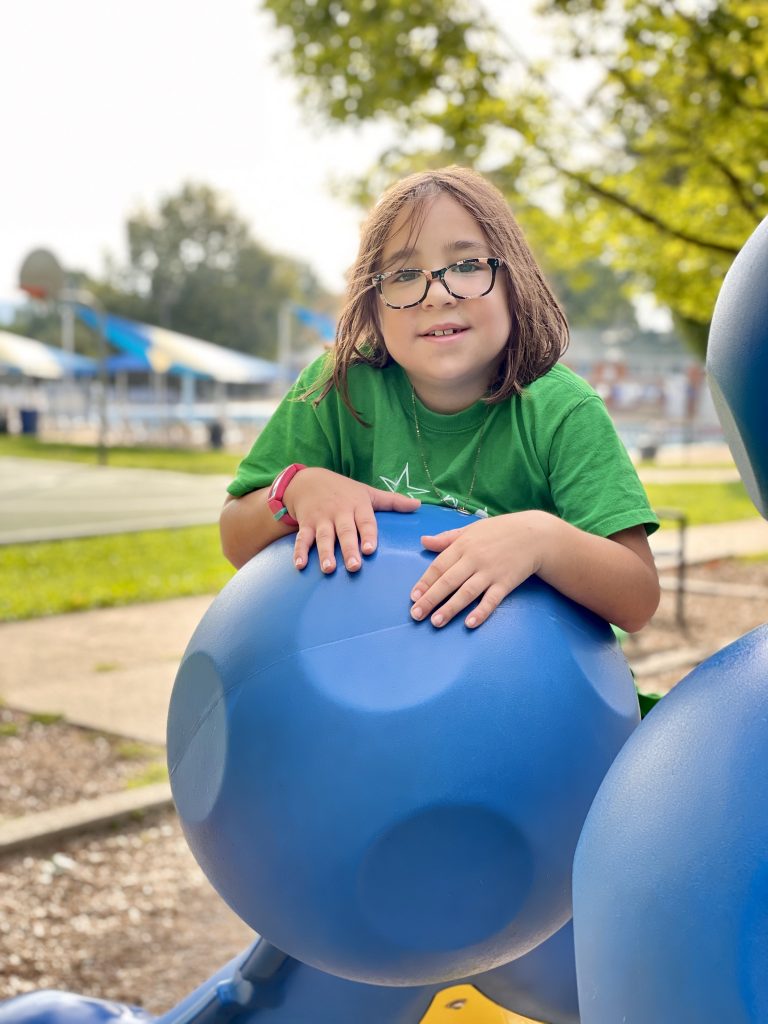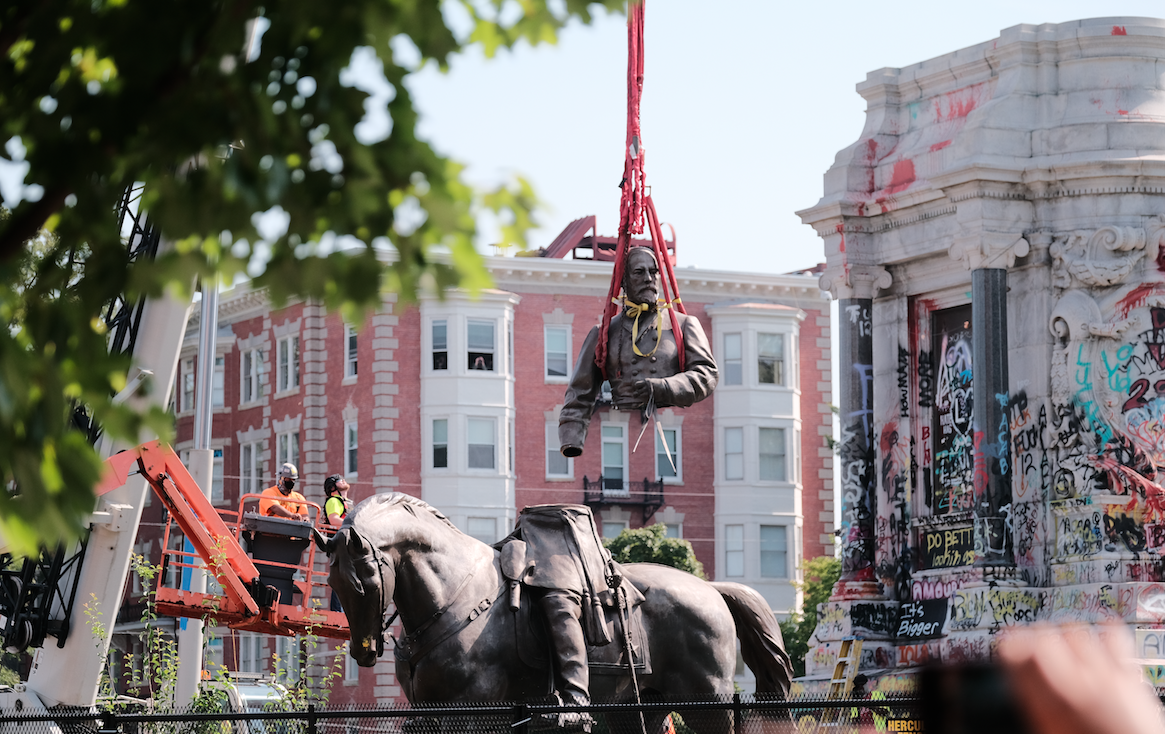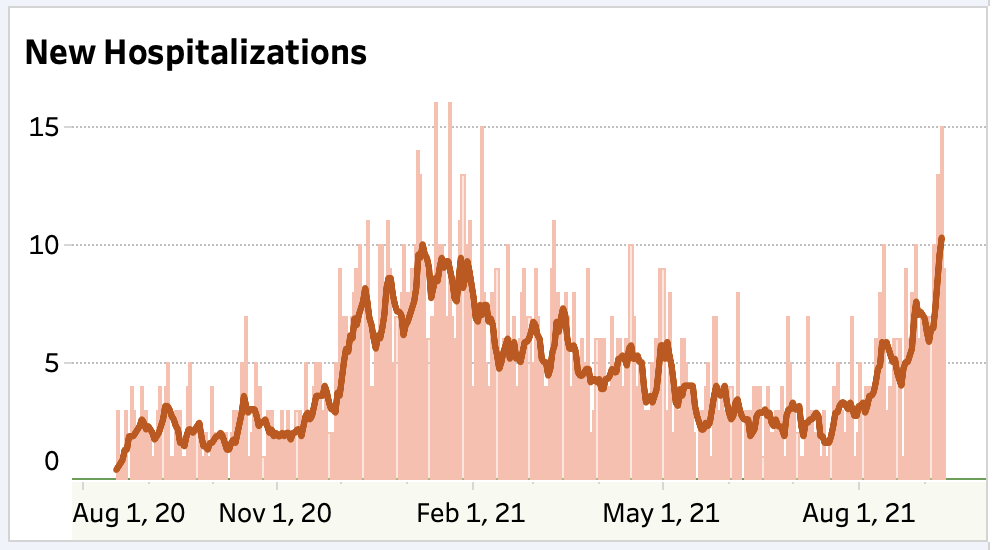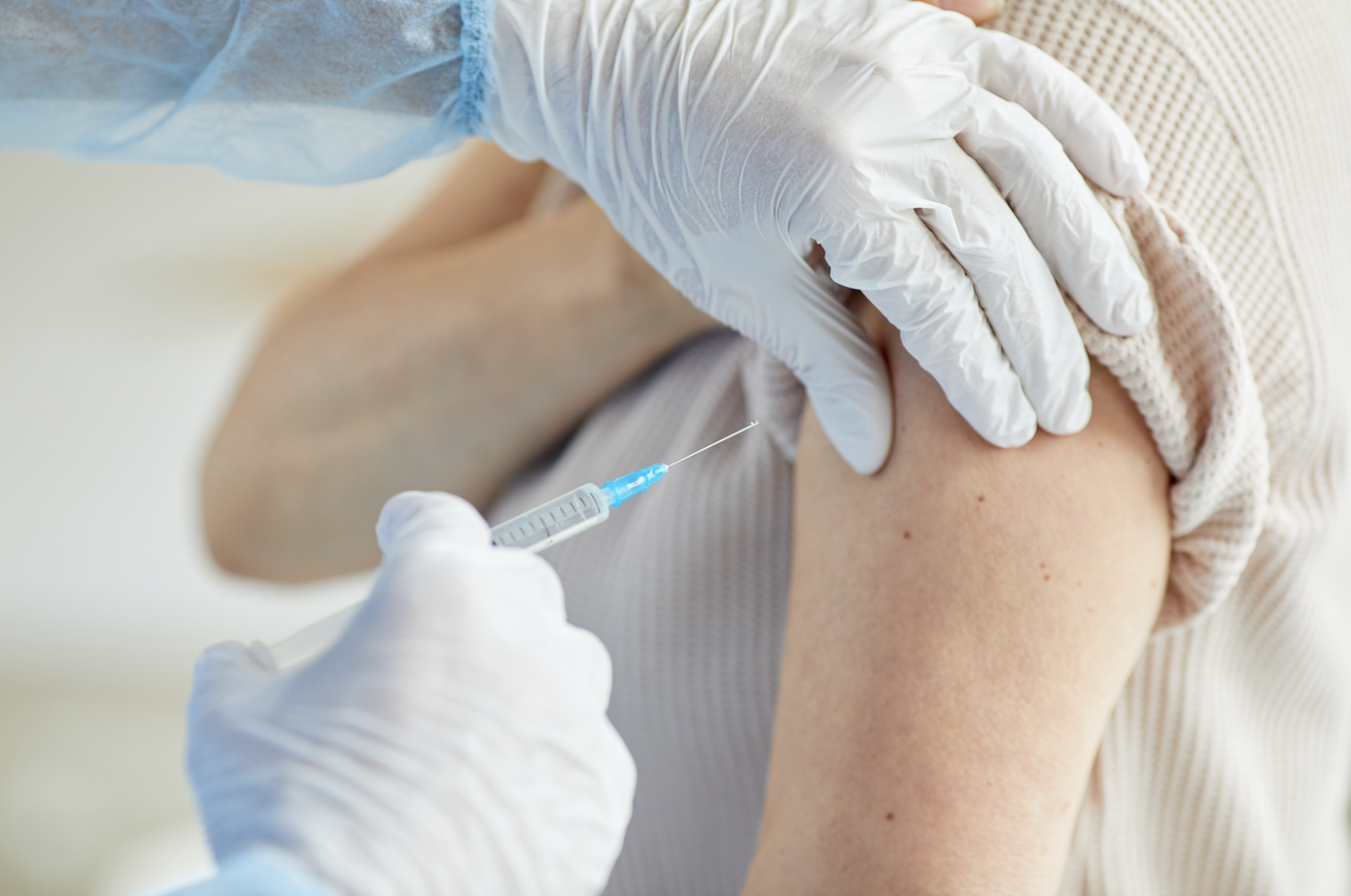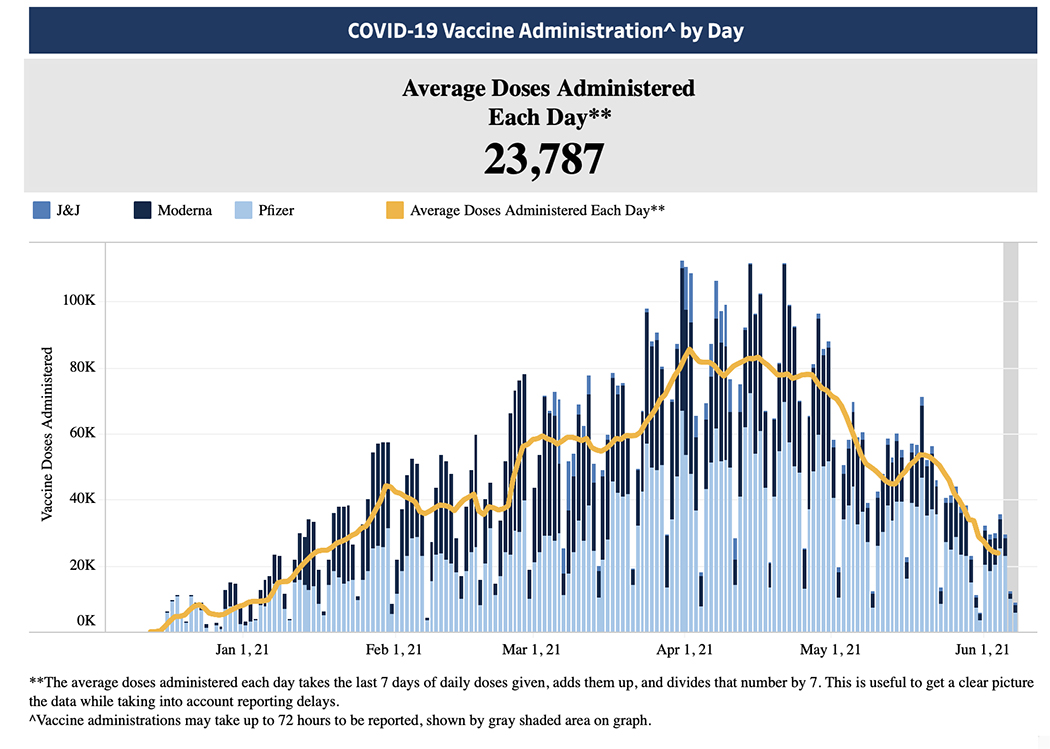When the music stops
Virginia’s men’s basketball team, three years removed from a national championship, failed to qualify for the NCAA Tournament when the brackets were announced on Sunday. (To make matters worse, Virginia Tech won the ACC Tournament and qualified as an 11-seed.) It’s the first time the Cavaliers have missed the tourney since 2013, a rare down year in the gilt-edged Tony Bennett era.
The 2022 team boasted Virginia’s signature tough defense, but displayed shocking ineptitude on offense, averaging 47 points per game across two ACC Tournament appearances. “When we did get some decent quality looks, we didn’t hit them,” Bennett reflected after the team’s loss to UNC—a fitting summary of the season as a whole.
The Hoos will host Mississippi State in the first round of the 32-team undercard National Invitational Tournament on Wednesday. The Cavaliers last qualified for the NIT in 2013, and lost to Iowa in the quarterfinals. Virginia has won the NIT twice, in 1992 and 1980. “The margin of error for this team was probably a little smaller than most, and I think they did a pretty good job most of the year. But it stings right now,” Bennett said.
2022 men’s basketball numbers to know
62.6 points scored per game, 14th out of 15 teams in the ACC
5.0 3-pointers made per game, 15th out of 15 teams in the ACC
15.3 points per game for leading scorer Jayden Gardner, 12th in the ACC
3.6 assist to turnover ratio for Reece Beekman, first in the ACC
Call off the tip line, say supes
The executive director of the Virginia Association of School Superintendents penned a letter to the Youngkin administration calling for changes to the way the Virginia Department of Education has been operating since the new gov took over.
The superintendents association “disagrees with your assumption that discriminatory and divisive concepts have become widespread in Virginia school divisions,” reads the letter from Howard Kiser. The association also calls for the elimination of the tip line, an early Youngkin initiative that allowed parents to report the teaching of “divisive concepts” to the state. The Youngkin admin’s education policies “can set public education in Virginia back many years,” the letter states.
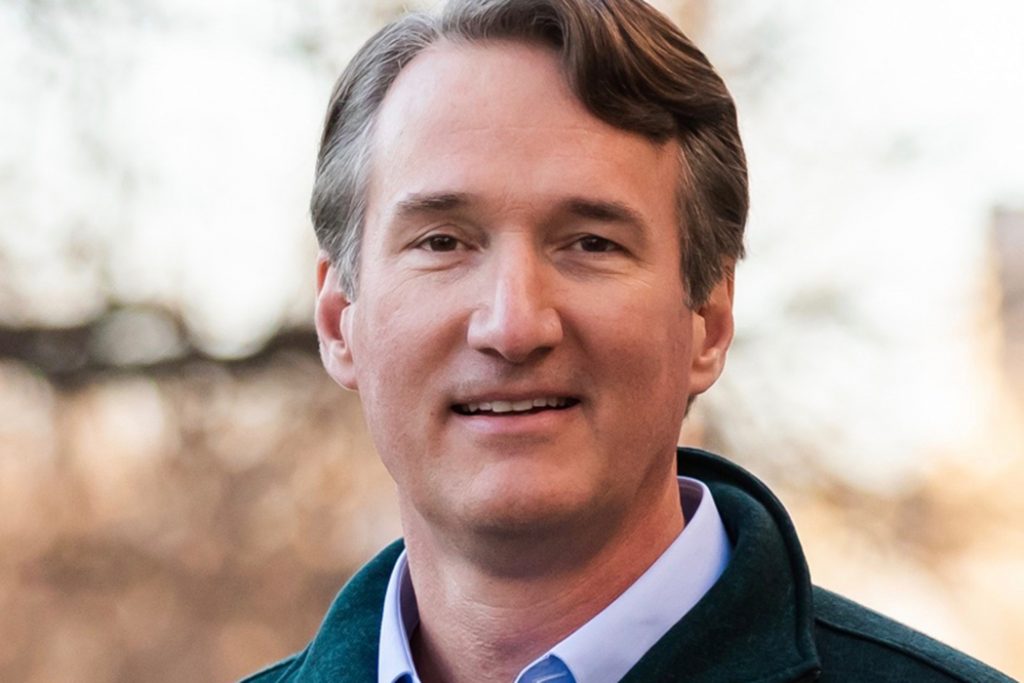
In brief
Wheeling and dealing
Democrats in the legislature denied Andrew Wheeler, a former Trump admin EPA leader, an environmental policy post in Governor Glenn Youngkin’s cabinet earlier this year, citing Wheeler’s history as former coal lobbyist. The Youngkin administration instead decided to hire Wheeler as a “senior adviser.”
For future generations
Third Act, a group of self-identified “old and bold” activists held a rally outside Chase Bank on the Corner this week, demanding the bank pull fossil-fuel development funding. The environmentally-minded seniors, who at one point laid on the ground, spent the afternoon chanting and holding signs.
Windy city blown away
If you’ve got a hankering to see a Cubs game or gaze into the Bean, it’ll take a little longer to get there than it used to—United Airlines will no longer run nonstop service from C’ville to Chicago’s O’Hare airport, the airline announced this week. CHO still has flights to D.C., New York, Atlanta, and Charlotte.
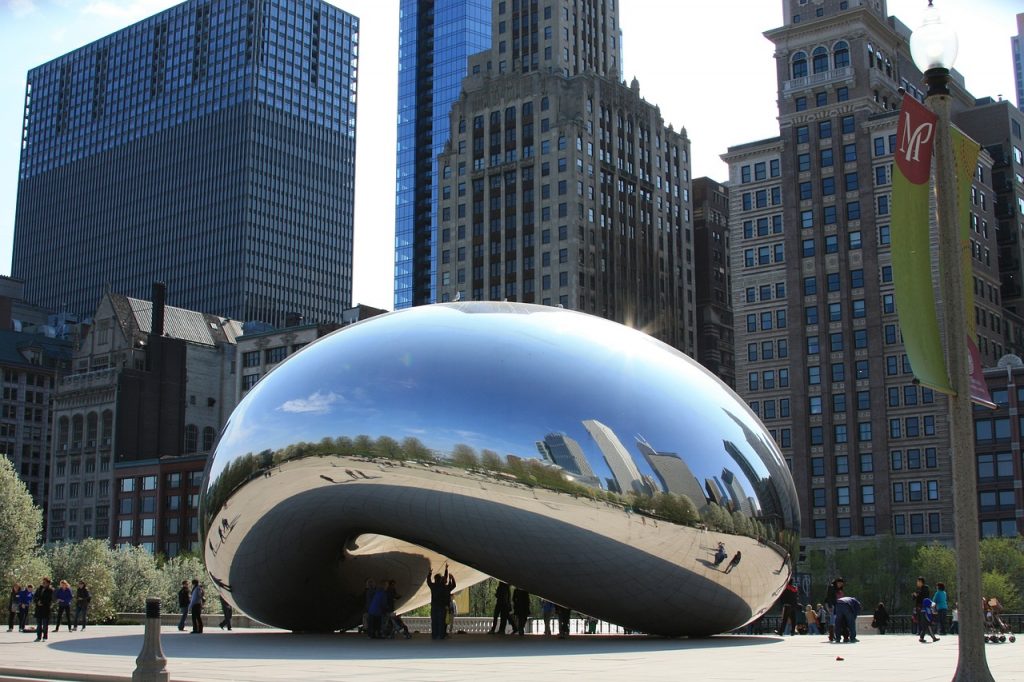
COVID lows
The number of new COVID cases in the Charlottesville area is as low as it’s been in months. From March 4 to March 10, Charlottesville and Albemarle combined saw 67 new cases. The Blue Ridge Health District reports that the latest seven-day rolling average for new cases per day is 9.6, the lowest it’s been at any point in the last six months. UVA reported just six new cases between February 27 and March 6, down from the peak in late January, which saw up to 130 cases reported in a single day. Forty-four percent of city residents, and 46 percent of county residents, have received two vaccinations and the COVID booster.

